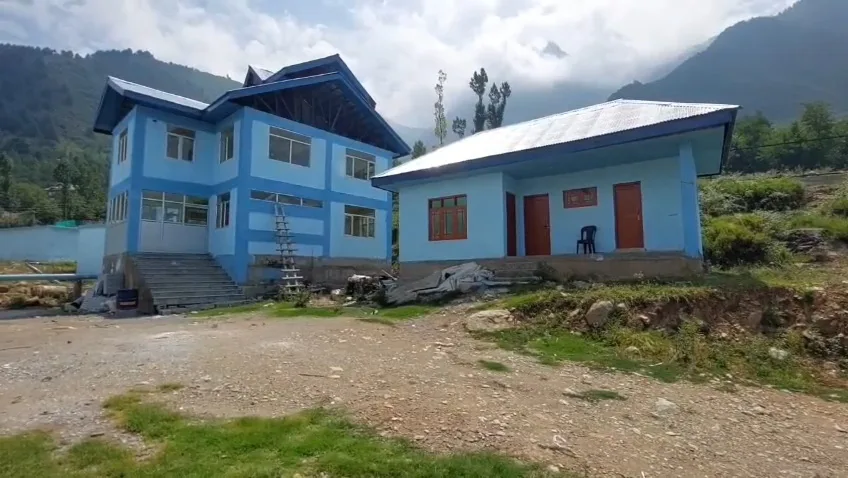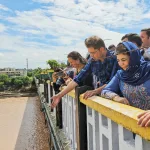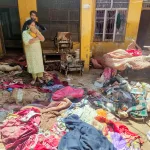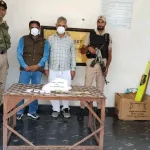Ganderbal, Sept 4: Despite over 90 percent completion, the much-awaited Water Supply Scheme in the Urpash area of central Kashmir’s Ganderbal district remains non-functional, forcing thousands of residents to struggle for clean and safe drinking water.
Locals said that construction work on the water filtration plant had begun nearly seven years ago after repeated appeals to the government. However, even after 95 percent of the work has been completed, the remaining 5 percent remains in limbo.
“We requested the government for this filtration plant years back. The work started, but till today it has not been made functional. Around seven years have passed, and we are still forced to rely on unsafe sources for drinking water,” said Muhammad Afzal Shah, a resident of Urpash.
Another local resident pointed out the potential benefits of the scheme, if completed.
“Whenever this filtration plant is made operational, it will provide clean and safe drinking water to more than 2,000 people. The areas that will benefit include Urpash, Gujjar Basti, Kawbagh, Shajnag, and Nadderbagh,” he said. Residents alleged that the project keeps getting delayed without accountability. “The project keeps getting delayed endlessly. Whenever we ask, officials claim it will be completed next month or next year, but nothing changes. They often blame funding shortages,” noted another villager.
Officials, however, maintained that the scheme is nearing completion. They said the project, estimated at Rs 5 crore, was initially listed among languishing projects in 2021 but was later shifted to the UT Capex budget. “About 95 percent of the work has been completed. Only finishing touches and the installation of an electricity sub-station are pending. We have already taken up the matter with the Power Development Department, and within a couple of weeks, it will be installed. By the end of this month, the scheme will be thrown open to the public,” an official from the Jal Shakti Department said.
He added that pipelines have already been laid and any additional requirements will be reviewed. “There is a protocol that the department never provides water without chlorine. We also have three water testing laboratories in the district—one in Kangan, one in Shuhama, and a district-level lab—where daily testing is conducted to ensure safe drinking water,” the official said. Meanwhile, residents have appealed to authorities, especially the Chief Minister Omar, who also represents the area as MLA, to intervene and expedite the project’s completion.






